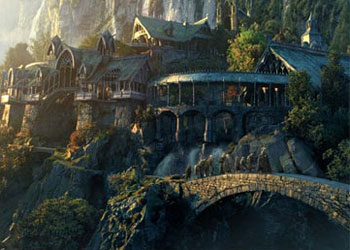
What is Fantasy? The very word brings up thoughts of elves and orcs, fairies and dryads, vampires and werewolves; but it also brings up images of heroic feats, battles won, and epic journeys. Some fantasy can be as different from our world as an alien planet is in science fiction, but it can also be so similar that it’s only noticeably different around the corners. It’s a genre of diverse places, peoples and ideals, but the genesis for the genre all comes from the same place: the author’s imagination.
In this newest run of Defining the Genre I will be exploring the many subgenres that make up Fantasy. While someone not familiar with the genre might assume that it’s all elves and quests, my goal is to open the door to the other aspects that make up fantasy. Some of the subgenres that will be discussed are the fairy tales and legends, the clear precursors to all modern fantasy works; sword and sorcery fantasy; urban fantasy; and dark fantasy, among others. The genre is as diverse as the people who write it and, while it would be impossible to discuss every single facet, it is my goal to discuss those most important to the genre.
What are the fundamental aspects of Fantasy? Why does the genre persist? If the author is doing their job you can experience a world as close to ours or as different from ours as their imagination allows, but at the same time allowing us to believe that elves, magic, epic adventure, and fairy folk exist, if only for the brief time we are reading. Fantasy plays with our imaginations and lets them run wild in a way that few other genres allow. It can delve deep into our own history, or it can make a history completely its own, and in many ways this is unique to the genre.
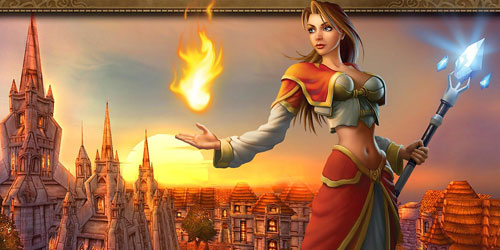
Ursula Le Guin described Fantasy in her essay “From Elfland to Poughkeepsie.” She said, “A Fantasy is a journey. It is a journey into the subconscious mind, just as psychoanalysis is. Like psychoanalysis, it can be dangerous; and it will change you.” (Le Guin, 92) To define Fantasy, however, is much more difficult than one might initially think. Throughout human history tales have been told, and the term fantasy has been used as a catch-all term. If you flip through the pages of The Encyclopedia of Fantasy, it will say under the heading of Fantasy what I suspected as I began my journey trying to understand this genre I knew little about: Fantasy is much less specific and less easily defined than its literary cousin, Science Fiction.
However, we’re not at a complete loss for a definition. As far as I could find, the best overall definition of Fantasy is this: “A fantasy text is a self-coherent narrative. When set in this world, it tells a story which is impossible in the world as we perceive it; when set in an otherworld, that otherworld will be impossible, though stories there may be possible in its terms.” (Clute and Grant, 338)
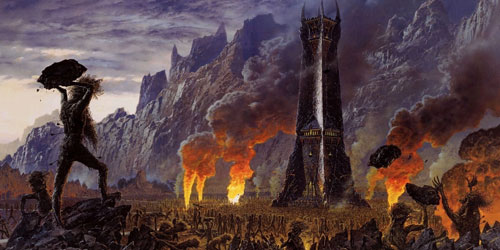
Fantasy will always have at least a hint of the impossible, a smacking of magic, and/or a feeling of the extraordinary. It is more than an escape and yet can also be an interesting reflection on our own existence.
Resources:
- Clute, John, and John Grant. The Encyclopedia of Fantasy. Boston: Saint Martin’s Griffin, 1999.
- Le Guin, Ursula K. “From Elfland to Poughkeepsie.” The Language of the Night: Essays on Fantasy and Science Fiction. Ed. Susan Wood. New York: Perigee Trade, 1980.
Along our journey through the genre of Fantasy, I will be reviewing books and making recommendations from within the genre, and I am always looking for book recommendations. As always, please feel free to contact me with any questions, concerns, or recommendations you may have.


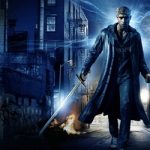
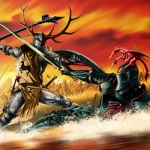
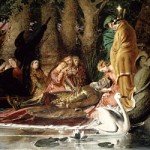
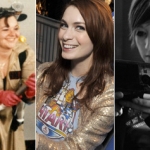
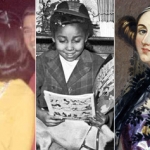
Pingback: Science Fiction and Fantasy: A comparison | Ms. Fields Class
Wow I needed this information for my homework, thanks alot!
no you dont u trollllllllll! dont be a troll